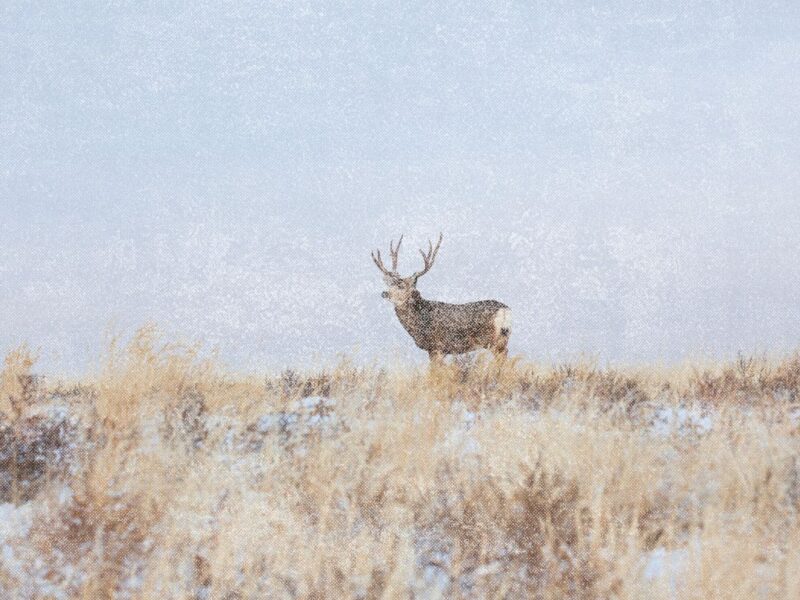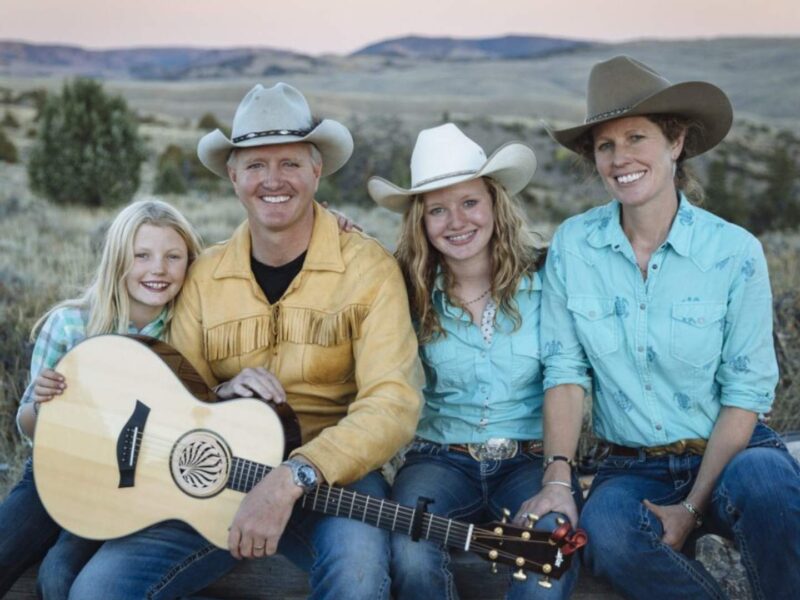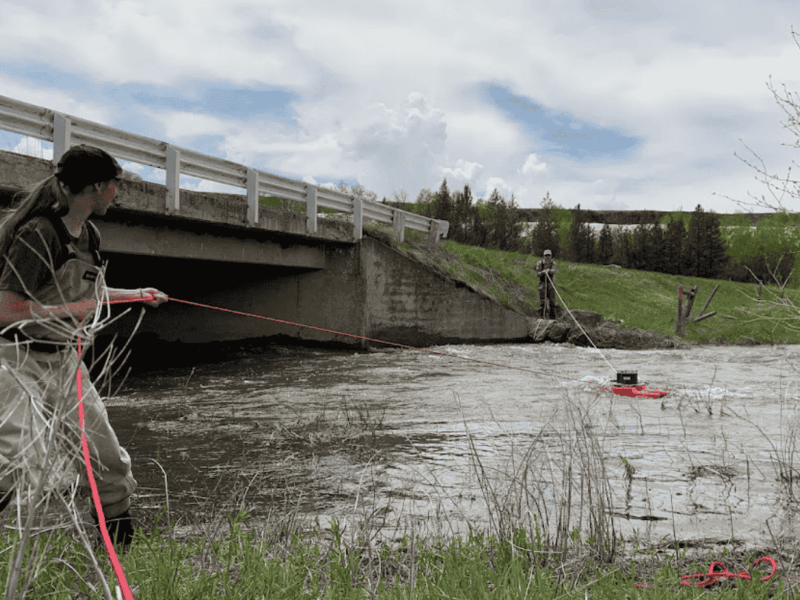Grizzlies and Grazing: Insights from the Film Screening and Panel Discussion
The “Grizzlies and Grazing: The Future of Bears and Ranching” film premiere and panel discussion brought together experts, landowners, and stakeholders to explore the intricate relationship between grizzly bear recovery and ranching in the Northern Rockies. Hosted by the Western Landowners Alliance (WLA), the event highlighted the challenges and opportunities that come with grizzly bears expanding their range into working lands. The panel highlighted personal stories, and collaborative solutions, emphasizing the need for balance and cooperation in this dynamic landscape.
Panel Introductions and Initial Thoughts
The panel featured Erik Kalsta, WLA’s Working Wild Challenge program director, livestock producers and managers including Rick Sandru, Trina Jo Bradley, and Amber Mason, and Steve Primm, carnivore conflict reduction manager with Heart of the Rockies Initiative.
To kick off the conversation and film screening, Kalsta underscored the dual mission of WLA: maintaining healthy landscapes while supporting the economic viability of landowners. “One of the things we focus on is the economic aspects and helping landowners deal with wildlife challenges, which can be anything from bears to bumblebees,” said Kalsta.
Grizzly Bear Expansion
Steve Primm provided a historical overview of grizzly bear populations. “The range expansion of grizzly bears has grown tremendously,” he noted, emphasizing the success of conservation efforts that have led to increased bear numbers and expanded habitats in the Northern Rockies. Much of this expanded habit, and opportunity for connection exists on private, working lands.
In the film, Sandru said, “A lot of people think ranchers hate grizzly bears. That’s not the case. We just want to make sure we’re not the ones that end up extinct.” Stressing the importance of the economic viability of working lands that provide food, fiber, and wildlife habitat, in the panel Sandru highlighted place-based collaborative groups such as the Ruby Valley Strategic Alliance as important for bringing together folks to find shared wins in working-wild landscapes.
Coping Strategies and Solutions
The discussion then shifted to practical solutions for living with grizzlies. Amber Mason from Ruby Dell Ranch shared her strategies, from using dogs and cameras to working closely with Wildlife Services. “Communication and working with others are crucial,” she said.
Sandru expanded on this, sharing “If we can take out the ones that are killing livestock quickly, we give the other bears a better chance at survival before they get taught bad habits,” he explained.
Collaborative Efforts
Trina Jo Bradley emphasized the importance of collaboration through the Montana Conflict Reduction Consortium, which brings together diverse stakeholders to address the issue of human-grizzly conflicts. She highlighted a new publication titled “Expanding Human Grizzly Bear Conflicts, the Situation, Challenges, and Solutions,” which lays out practical steps for reducing conflicts and supporting ranchers.
The Path Forward
The discussion concluded with reflections on what is needed moving forward. Panelists all agreed on the necessity of public understanding and support for working lands and the critical role they serve in maintaining wildlife habitat and asked for collaboration over conflict. “We need to come together, connect and come to common solutions,” said Zach Altman, the panel moderator.
Final Thoughts
The “Grizzlies and Grazing: The Future of Bears and Ranchers” panel discussion highlighted complexities and rewards of living in a landscape shared by humans and wildlife. By fostering dialogue, sharing knowledge, and working together, ranchers and conservationists can find sustainable solutions that benefit both grizzly bears and rural communities.
If you’re interested in screening “Grizzlies and Grazing” in your community, please reach out to Zach Altman, communications coordinator with Western Landowners Alliance.
Sorry, the comment form is closed at this time.





Ann Libecap
An excellent documentary and discussion. Please contact me about a potential presentation to the University of Montana MOLLI ( Osher LifelongLearning Institute) Program.